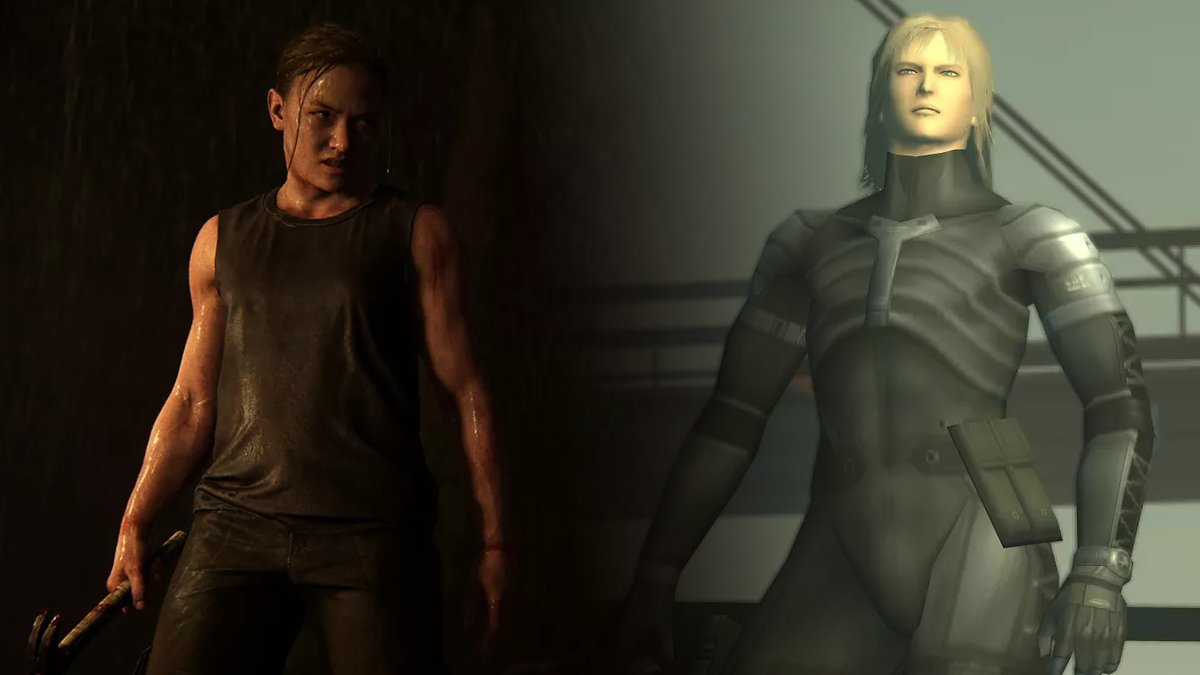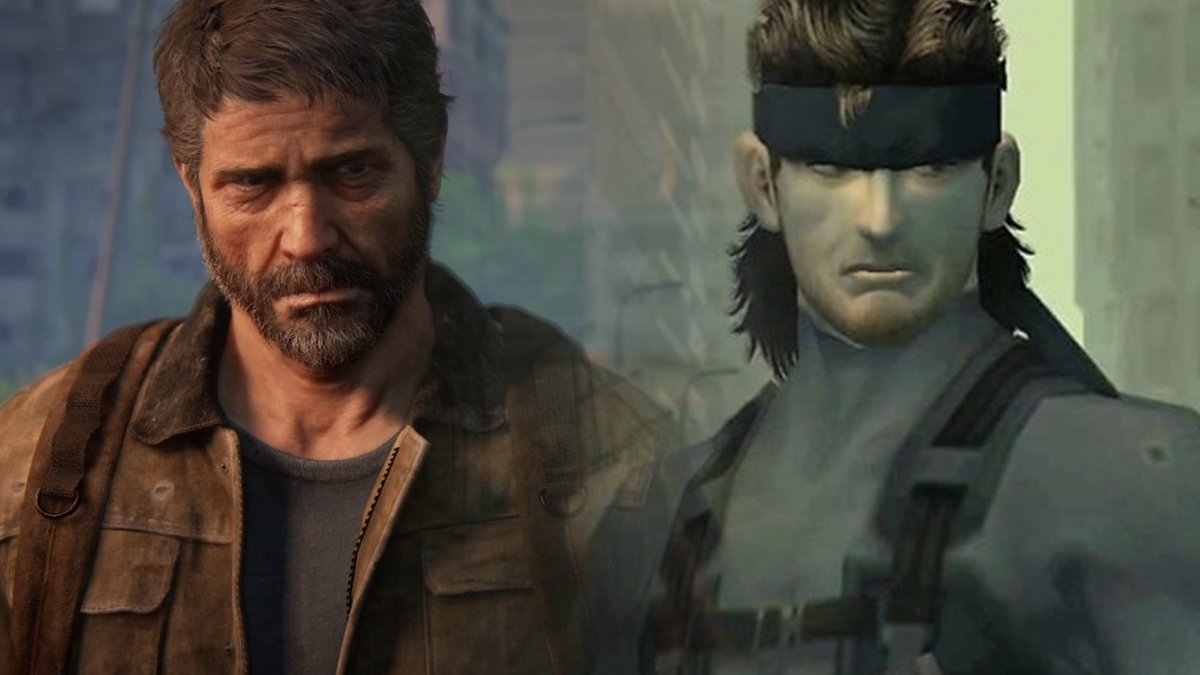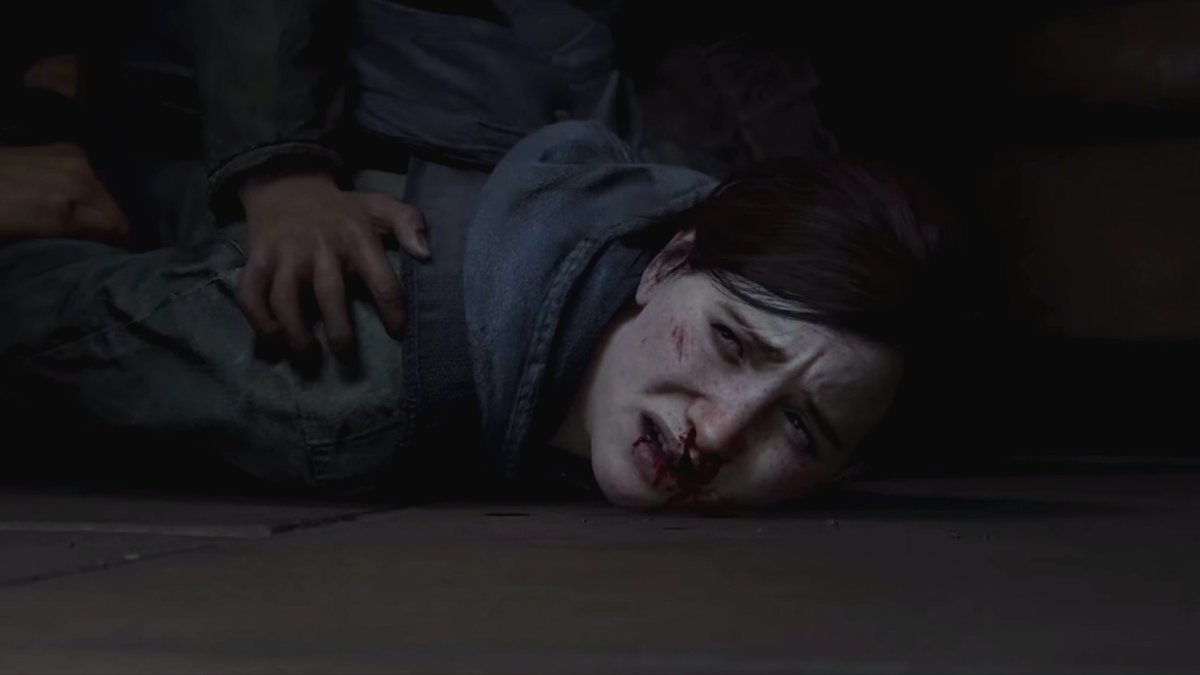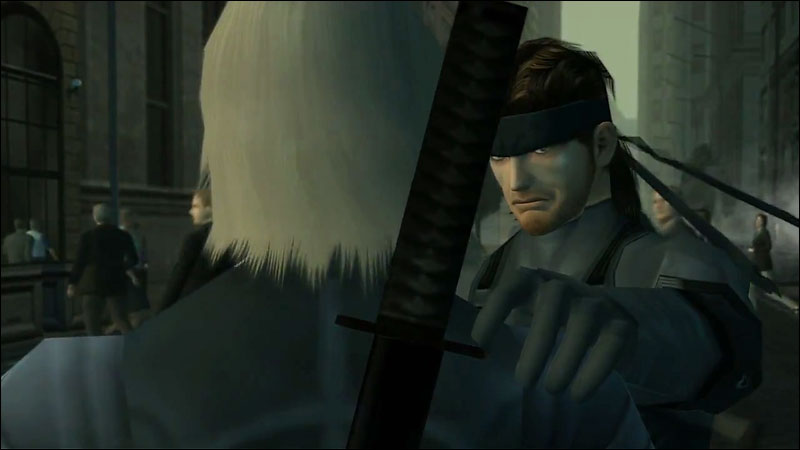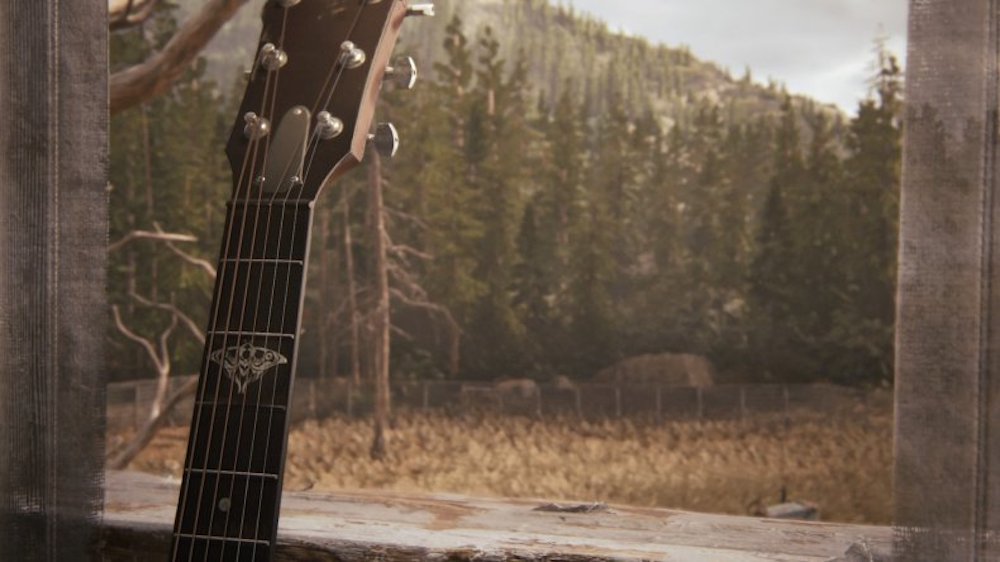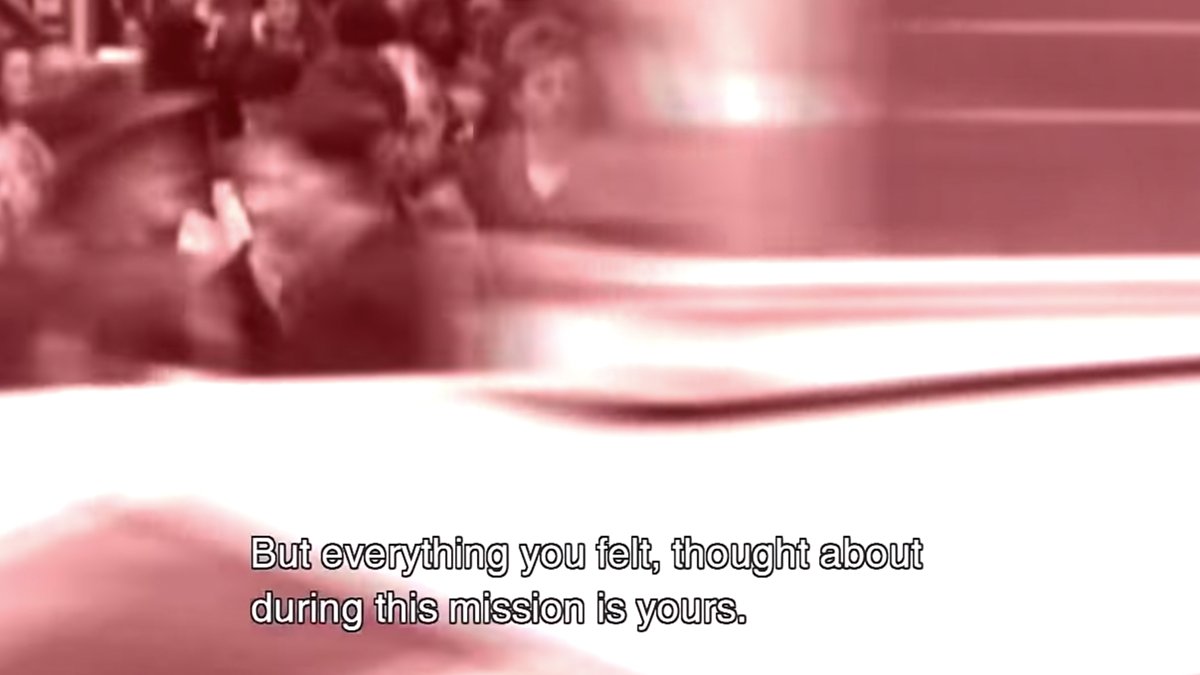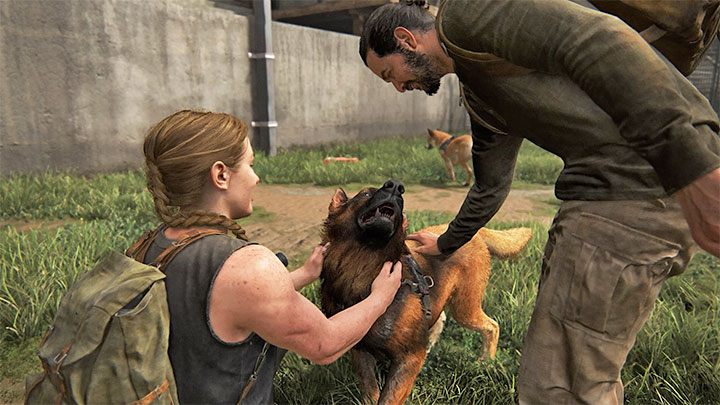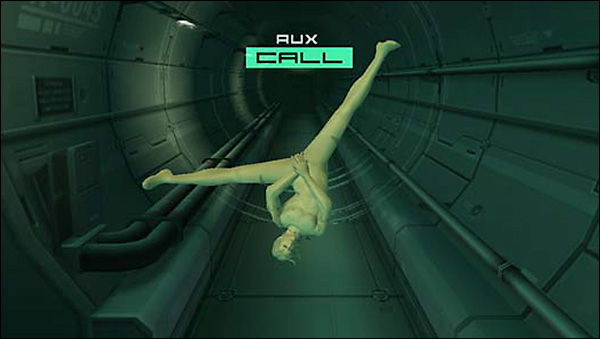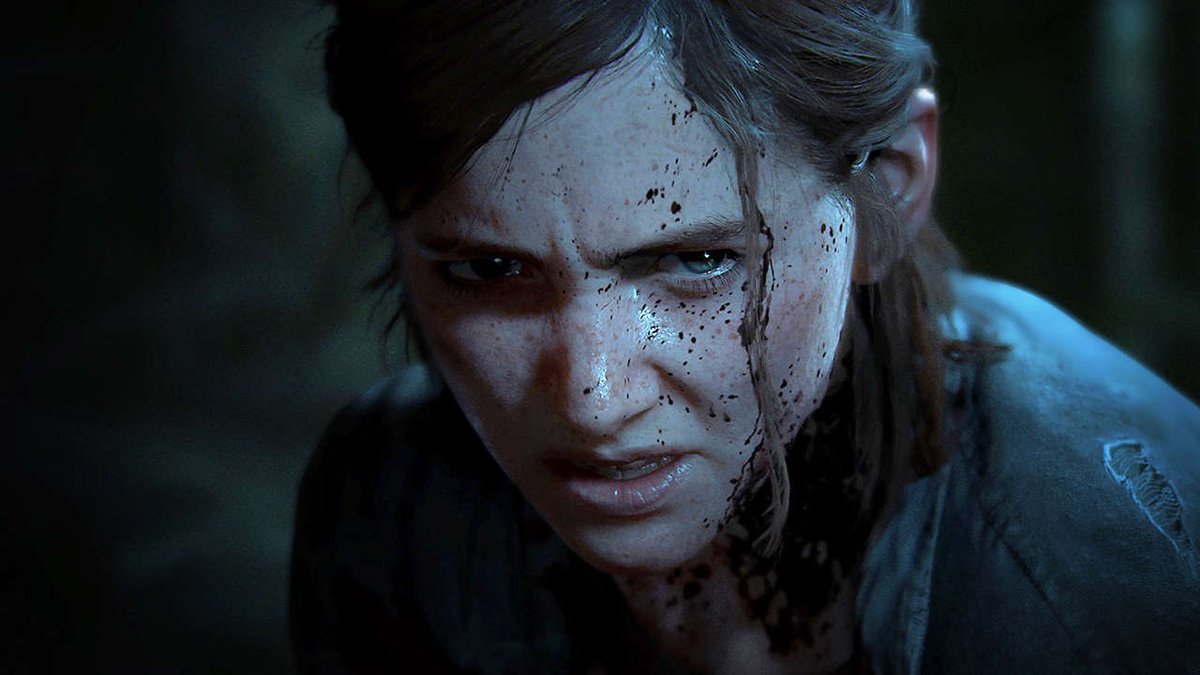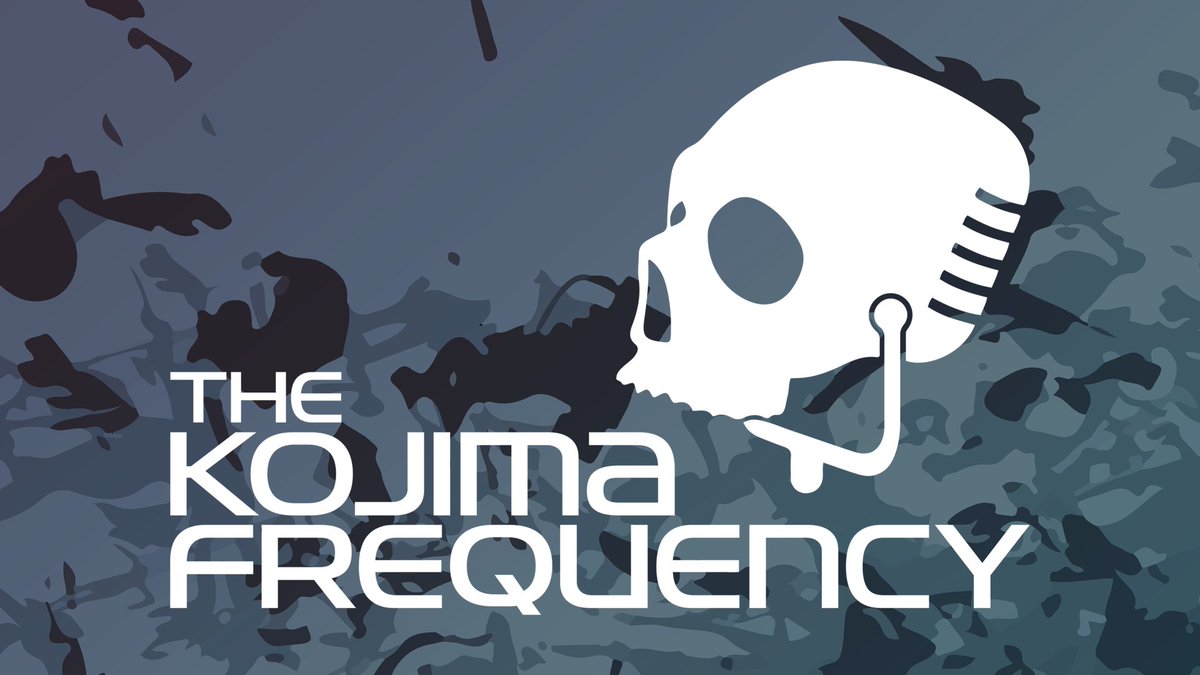A lot of people are mistakenly equating The Last of Us 2 with Metal Gear Solid 2, suggesting that because they both bait-and-switch the player, they& #39;re analogous, but it& #39;s a surface-level comparison.
The narrative goals of these two games could not be more different. (1/9)
The narrative goals of these two games could not be more different. (1/9)
The analogy falls flat because the bait-and-switch in TLOU2 isn& #39;t that you play as Abby (i.e. Raiden) instead of Joel (i.e. Snake). It was announced early on that Ellie would be the playable character. The twist is that Joel is unceremoniously dismissed from the experience. (2/9)
MGS2 examines sequel expectations and ties it into a theme about memes defining us (in the Dawkins sense).
By switching to Raiden, the game reframes Snake and questions his legend, while ironically elevating it (and him) even further. Raiden& #39;s presence makes Snake cooler. (3/9)
By switching to Raiden, the game reframes Snake and questions his legend, while ironically elevating it (and him) even further. Raiden& #39;s presence makes Snake cooler. (3/9)
In TLOU2, Joel& #39;s arc from TLOU1 is reframed in a negative light and is diminished to a plot device. His Wham Shot fate doesn& #39;t prompt introspection about his character, because the & #39;fridging& #39; is done to serve Ellie& #39;s narrative purposes, not his. (4/9)
Throughout MGS2, Raiden struggles with the juxtaposition of rejecting his own dirty history while repeatedly glorifying Snake& #39;s. When the cognitive dissonance becomes too much for him to bear, Snake setting an example is what snaps Raiden out of it and inspires him to grow. (5/9)
In contrast, Ellie& #39;s last-minute epiphany to give up her pursuit of revenge after hitherto slaughtering countless lives comes off as entirely unearned. She returns forever worse for wear, and the player leaves with the impression that their efforts were entirely pointless. (6/9)
Unlike its predecessor, Metal Gear Solid 2 does not give you any control over its outcome. Instead, it asks you to consider that your experiences were unique and that what it all meant to you personally might differ from what it meant to somebody else. (7/9)
The Last of Us 2 puts a loaded gun in the player& #39;s hand and forces them to pull the trigger. The player is railroaded into predetermined, unalterable moral decisions and then asked to struggle with what they never had a choice in. There is nothing to consider. (8/9)
Ultimately, Metal Gear Solid 2 talks about complicated issues but never demands that the player take it all too seriously.
The Last of Us 2 lectures on simple issues while absolutely demanding that the player take it all seriously, and maybe that& #39;s the problem. (9/9)
The Last of Us 2 lectures on simple issues while absolutely demanding that the player take it all seriously, and maybe that& #39;s the problem. (9/9)
Quick addendum:
If you found this thread interesting, please check out The Kojima Frequency: a weekly podcast I& #39;m a part of that is centered around Hideo Kojima& #39;s work, its development, and how it all fits into the rest of the entertainment world.
More info here: @KojimaFreq
If you found this thread interesting, please check out The Kojima Frequency: a weekly podcast I& #39;m a part of that is centered around Hideo Kojima& #39;s work, its development, and how it all fits into the rest of the entertainment world.
More info here: @KojimaFreq

 Read on Twitter
Read on Twitter